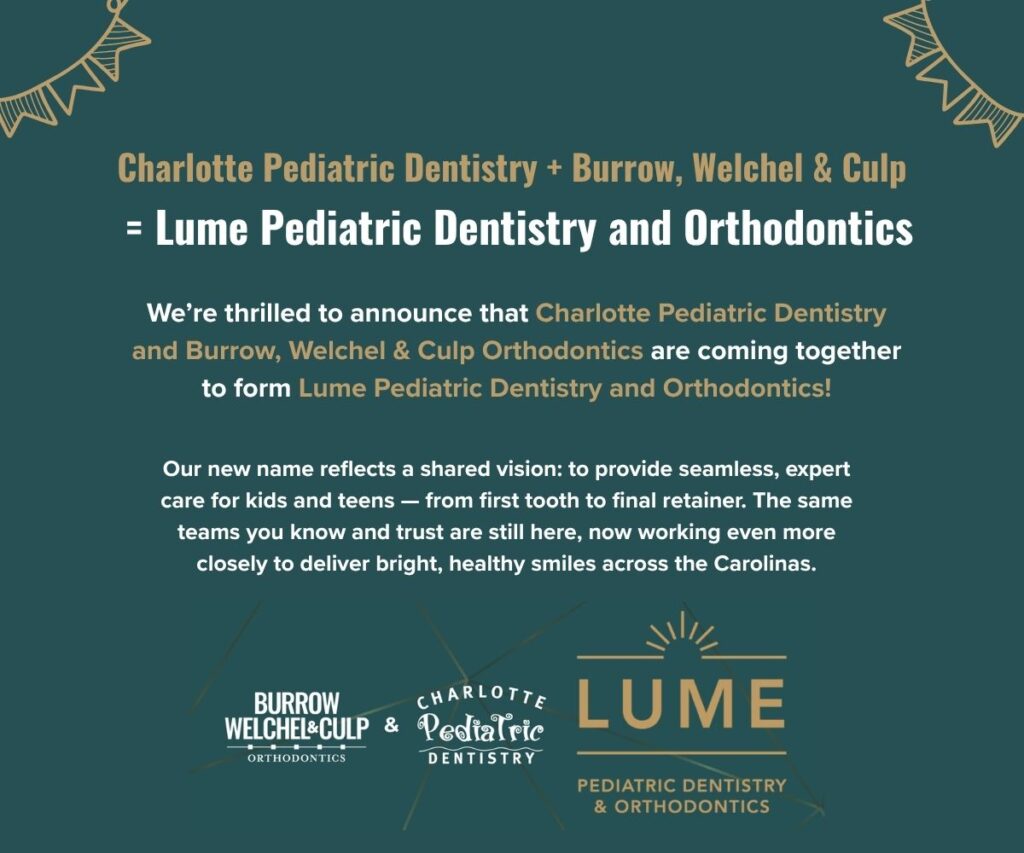
What is corrective jaw surgery?
Corrective jaw surgery, also called orthognathic surgery, is performed to correct misalignments of the jaws and teeth that cannot be treated with orthodontic treatment. The procedure aims to repair and reposition severe irregularities between the upper and lower jaws, which enable the teeth to bite together correctly. Individuals who receive corrective jaw surgery also have the benefit of improving the functionality of their jaw joints (e.g., chewing and speaking) while simultaneously enhancing their facial appearance.
Who needs jaw surgery?
Not all jaw discrepancies can be corrected with conventional orthodontic braces alone. That’s because orthodontic treatment corrects bite problems caused by tooth misalignment, while jaw surgery repairs skeletal imbalances in the jaw. A good candidate for corrective jaw surgery not only has crooked teeth, but also a jaw that is not in proper alignment. Skeletal imbalances in the jaw can be caused for a number of reasons including the upper and lower jaw growing at different rates, as well as birth defects and traumatic facial injuries.
You may be a good candidate for a jaw surgery procedure if you suffer from any of the following conditions.
- Difficulty chewing, biting and swallowing
- Speech problems
- Chronic jaw or jaw joint pain (TMJ)
- Excessive wearing of the teeth
- Protruding jaw
- Sleep apnea
- Chronic mouth breathing
- Space between the upper and lower teeth when the jaw is closed
- Poor facial appearance and alignment
- Receding chin
- Inability to make one’s lips meet without straining
The best way to determine whether or not you would benefit from reconstructive jaw surgery is to schedule a visit with your orthodontist. If jaw surgery is right for you, a skilled oral surgeon can perform a number of surgical techniques that reposition all or part of the upper jaw, lower jaw and chin to improve chewing, speaking, breathing and esthetics. In many cases, treatment takes place over the course of several years and includes a combination of orthodontics and surgery. In order for jaw surgery to be successful, the jaw bone must also be fully grown, which is why jaw reconstructive surgery is generally not recommended for patients under age 16.
What are the benefits of reconstructive jaw surgery?
Corrective jaw surgery is a life-changing procedure. Following surgery, your teeth and jaws will be restored to a position that is balanced, functional and healthy. While the main goal of surgery is to correct a misaligned bite, many patients also report significant improvements to their speech, breathing, appearance and self-esteem.
There are many benefits of corrective jaw surgery, with the most common being:
- Improve chewing and digestion
- Eliminate TMJ pain and other jaw problems
- Prevent and minimize excessive wear of the teeth
- Treat excessive mouth breathing
- Provide relief for sleep apnea
- Restore balance to facial features
What should I expect before and after a jaw surgery procedure?
Before surgery, you will meet with your oral surgeon to discuss general pre-op instructions and review surgical plans. This will include your options for anesthesia, as well as food and drink restrictions on the day of surgery. All of your questions and concerns can be addressed during this consultation to ease any fears you may have about the procedure. In the days leading up to surgery, it is important that you maintain excellent health by eating a balanced diet, staying hydrated and exercising.
Following surgery, patients may be instructed to temporarily modify their diets. Tobacco products and physical activity should also be avoided during the recovery period. During the first 24 hours after surgery, you should take medications as instructed by your doctor to manage pain, drink plenty of fluids, and minimize swelling with elevation and ice. It is also common to experience limited movement of the jaw, minor bleeding and numbness following surgery. The key to a quick and easy recovery is take it easy in order to avoid complications and allow your jaw to fully heal into is new, beautiful, healthy, functional position.

